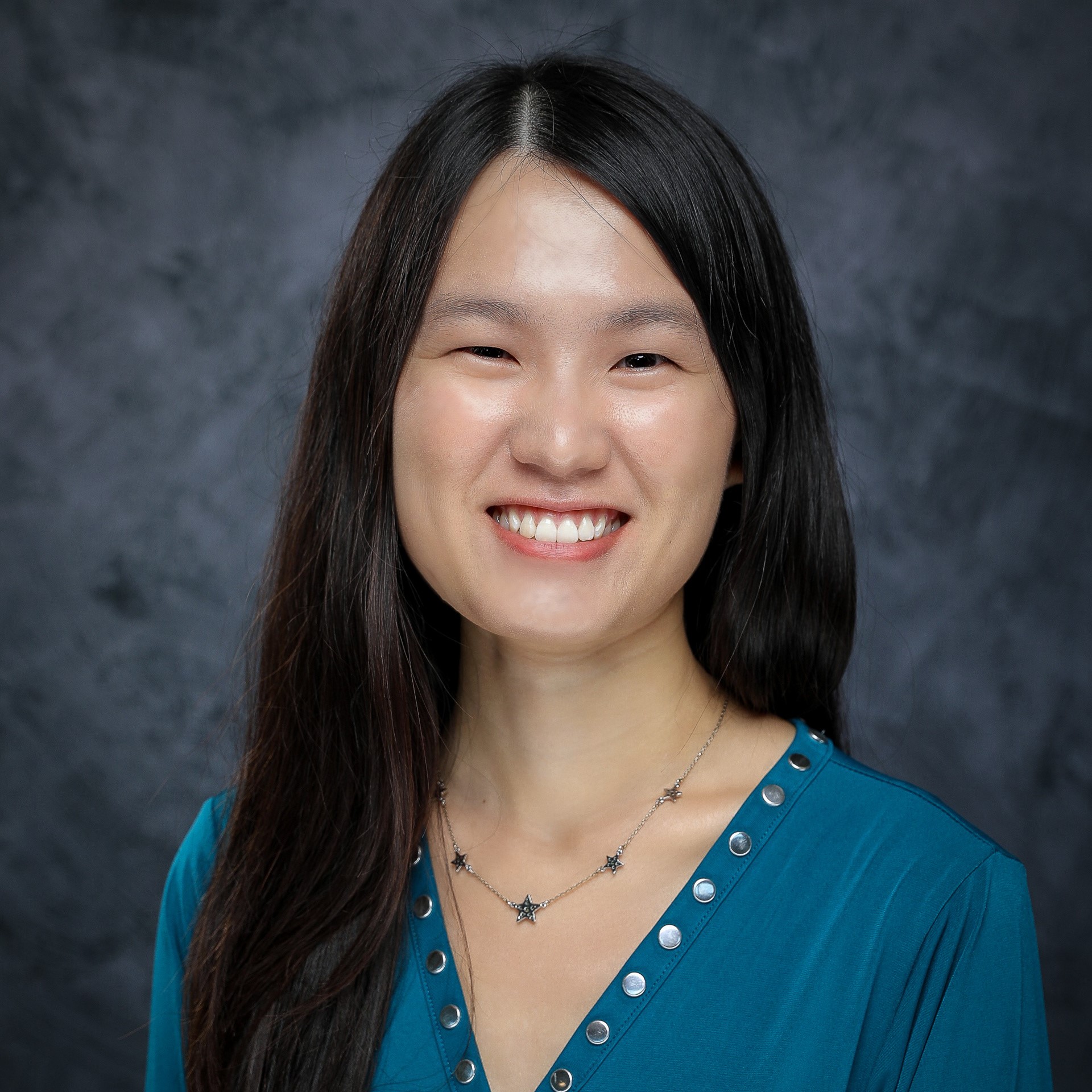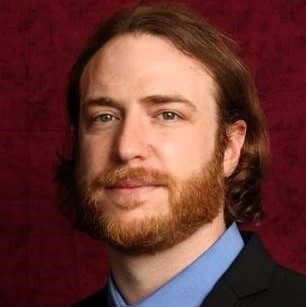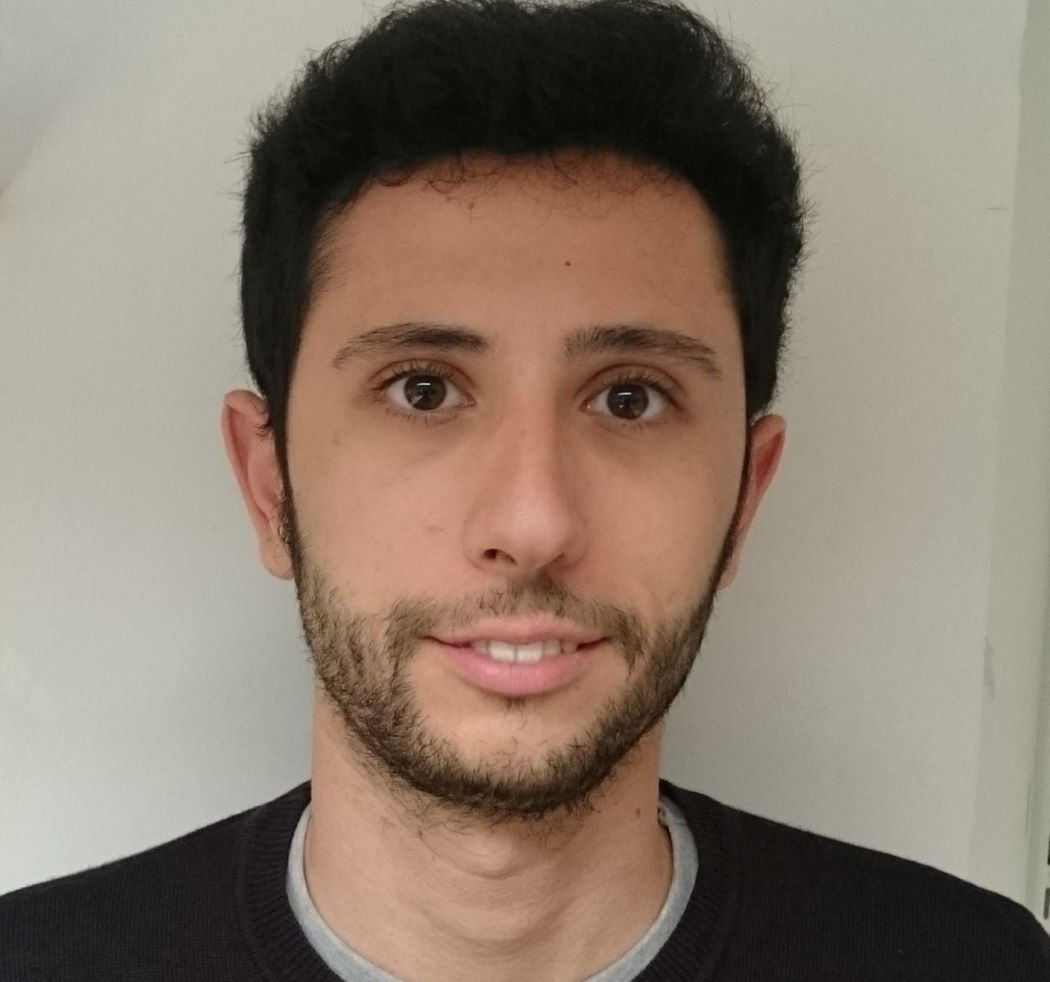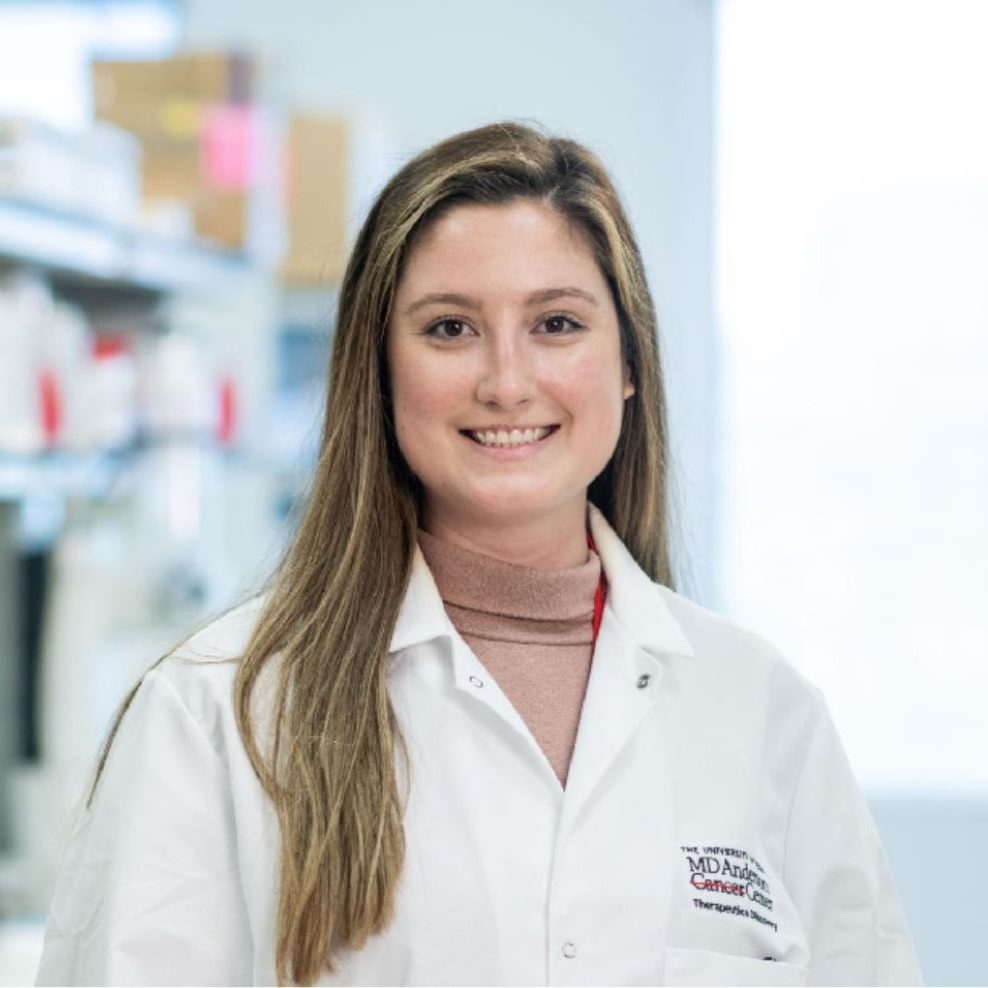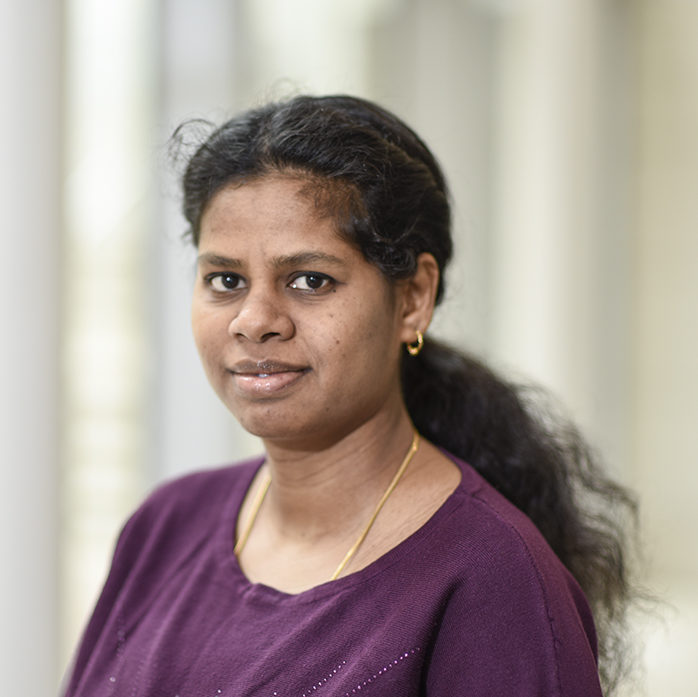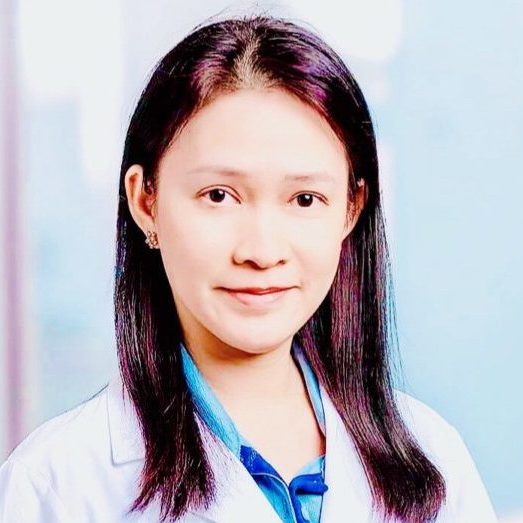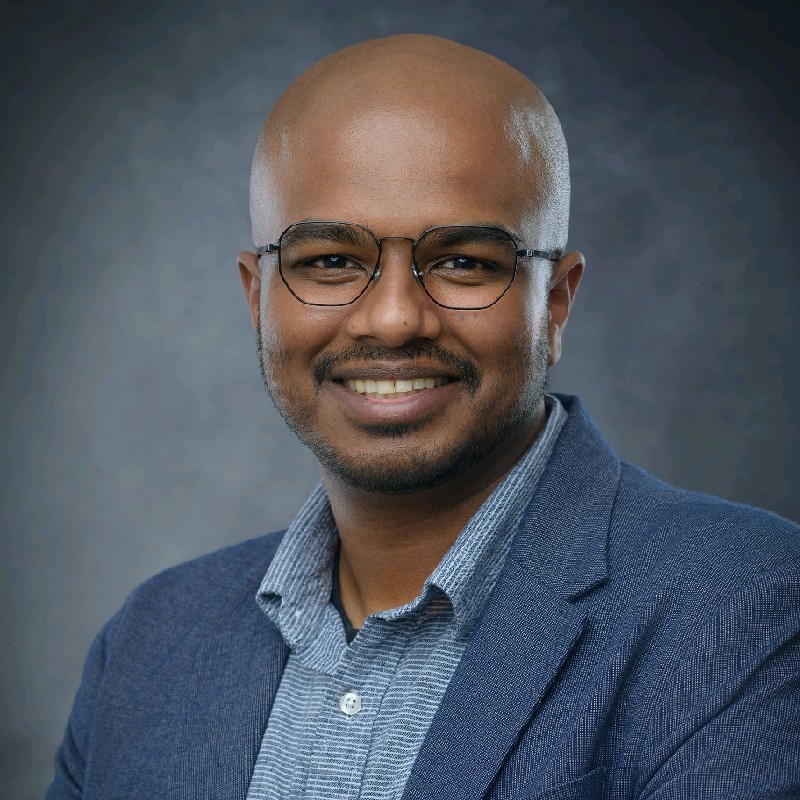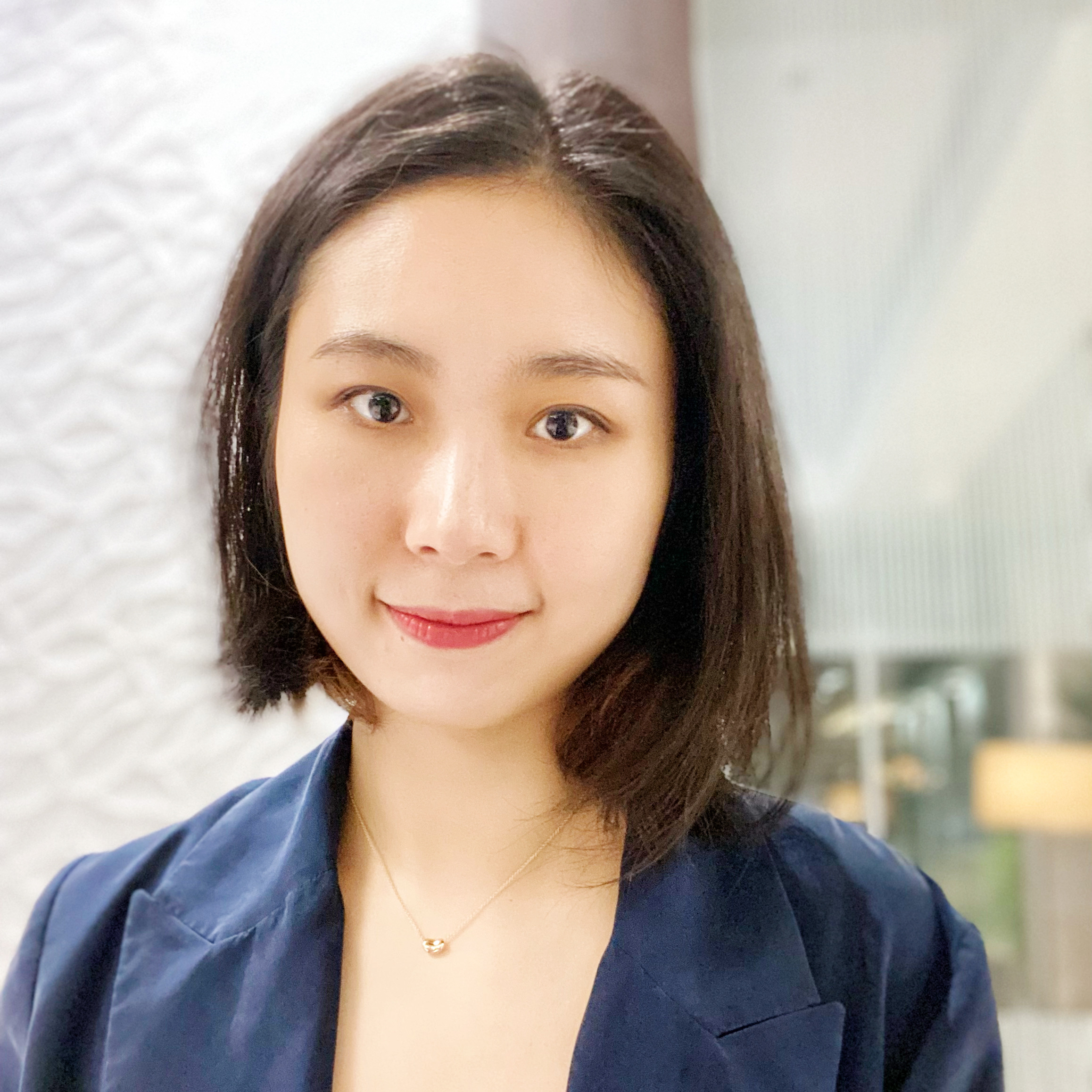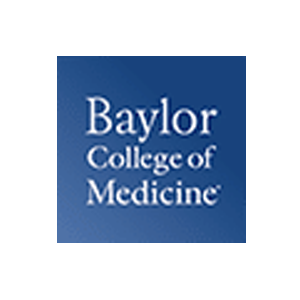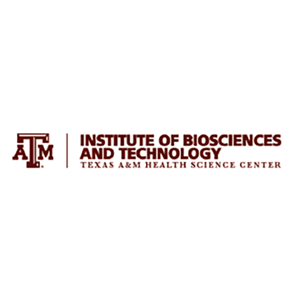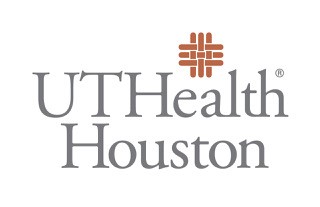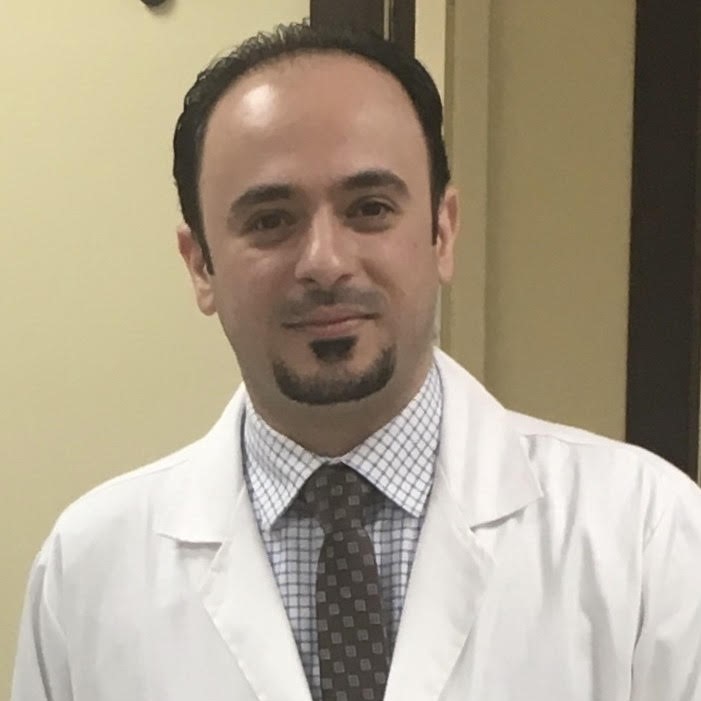
Mohanad Albayyaa, MD
UTMB
Dr. Mohanad Albayyaa is a physician-scientist with a medical degree and a master's in Clinical Path-Oncology from Al-Nahrain University. His career is dedicated to advancing clinical research and improving health outcomes, with a particular focus on cancer patients. Before joining the Clinical Science Ph.D. program at the University of Texas Medical Branch, Dr. Albayyaa focused on translational and clinical research, developing a strong foundation in investigating complex health issues. He leveraged his expertise in clinical research and public health policy to advocate for novel therapy policies that enhance cancer survival rates and improve the quality of life for survivors.
Dr. Albayyaa’s ongoing research investigates the risks of autoimmune and neurological diseases associated with hormonal therapy, specifically androgen deprivation therapy (ADT), in underserved and underrepresented populations. His project, ``Androgen Deprivation Therapy and the Risk of Autoimmune Diseases Among Prostate Cancer Patients,`` utilizes comprehensive datasets such as the Texas Cancer Registry and SEER-Medicare to address critical knowledge gaps regarding the impact of ADT on autoimmune diseases across diverse demographic groups. Through this work, he aims to identify potential risks and disparities among non-Hispanic white, non-Hispanic black, and Hispanic men undergoing ADT for prostate cancer. Dr. Albayyaa has been awarded the NIH T32 Fellowship Grant and several prestigious awards, including the Arthur V. Simmang Scholarship Award, the Herzog Award in Clinical Science, and the Katherina Seibert Award for Excellence in Oncology.


